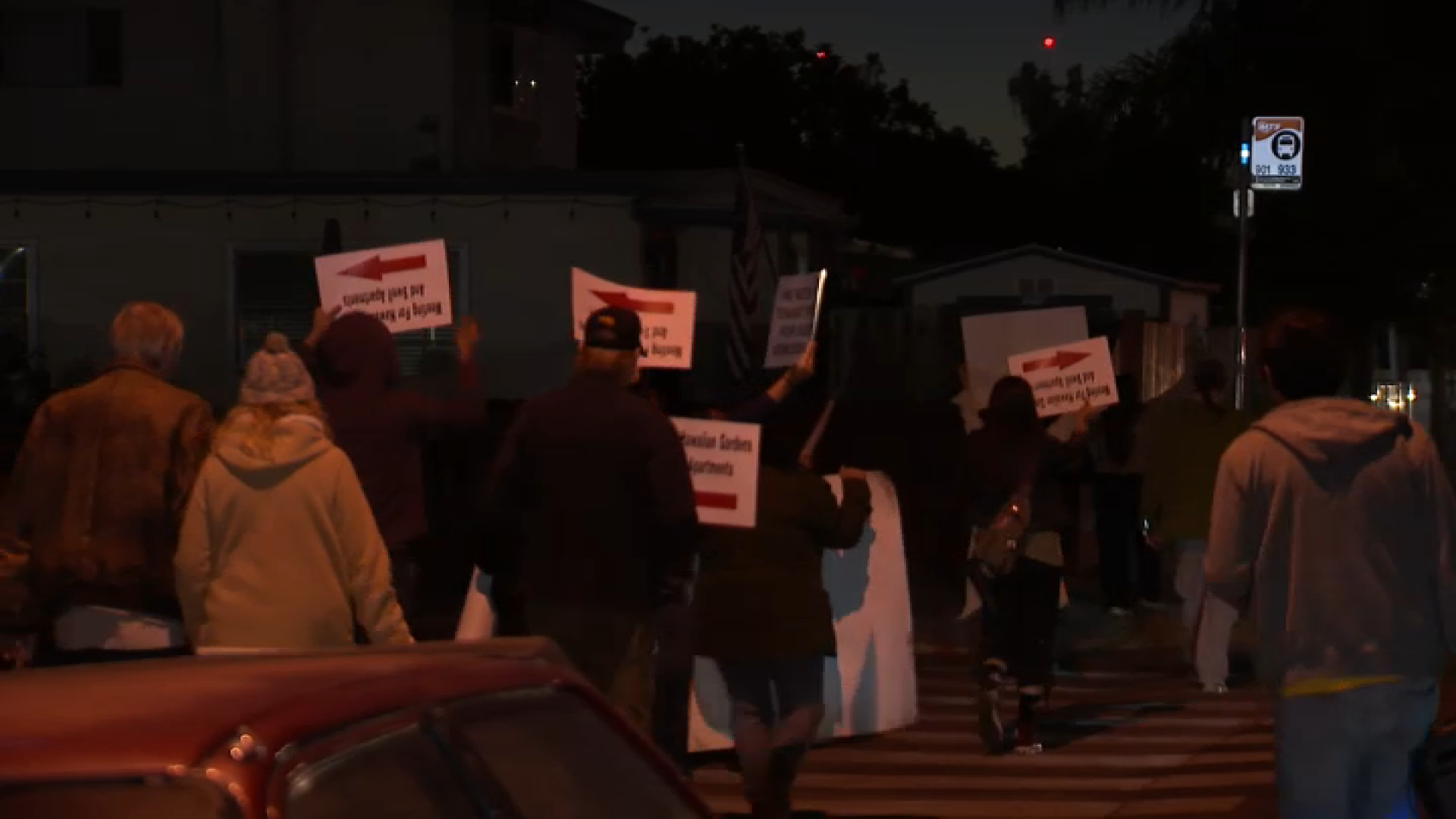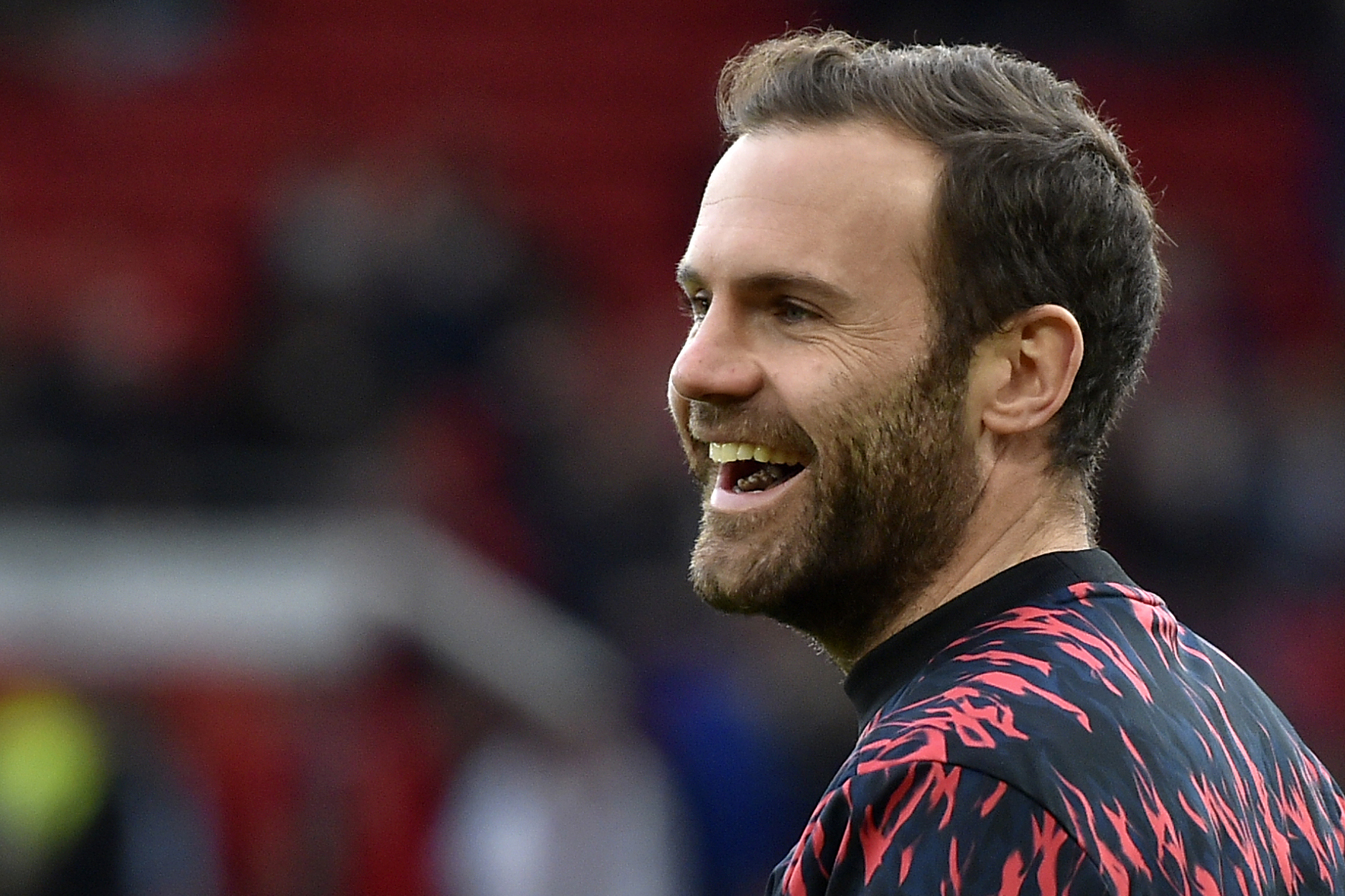Kelley Dalby takes a seat in a peaceful atrium at an office complex in Carlsbad. The sound of running water echoes in the courtyard that is speckled with exotic palm trees. Dalby is well dressed, calm and confident but underneath her gentle appearance, this mother of three is a warrior. And in the sanctuary of this serene setting, she begins to tell the story of the battle she’s been fighting for more than a decade.
Twelve years ago, Dalby’s middle son, Connor, was born with an ultra-rare genetic mutation that affects his central nervous system causing daily seizures, muscle spasms and developmental delays.
"They didn't think he would live past 3 or 4 years old," Dalby said. "He was on hospice, just the frequency and severity of those seizures. It was a really tough time."
Get top local stories in San Diego delivered to you every morning. Sign up for NBC San Diego's News Headlines newsletter.
In 2012 NBC 7 interviewed Dalby as she was trying to raise money for potential treatment. The family made the news again in 2014 when Dalby was advocating for alternative treatments for Connor.
“I think as a mother watching my child suffer as he did for so many years, I feel like I could do anything in the world or find whoever I needed to for him. I feel like having Connor has given me superpowers just for him,” she said.
Dalby said countless medications and therapies failed and she was desperate to find relief for her son. She even left her career in teaching to start a biotech company in hopes of developing a treatment. Unfortunately, the treatment didn’t work for Connor.
Ultra-rare genetic mutations like Connor’s are often shared by less than 30 people in the world. For his mom, hope of finding a treatment was dwindling. But in her quest to find relief for her son she met Dr. Stanley Crooke, a career physician who dedicated his life to science and drug development.
When Dr. Crooke heard Connor’s story and Dalby’s struggle to help, he felt called to action.
Local
Photos: San Diego Biotech Nonprofit Providing Hope for Patients With Ultra-Rare Diseases
“How could I not do what I could to help these patients?” he said. “These diseases destroy families. To help patients and families who otherwise have no hope, no help, no chance, I think is as meaningful a thing I could do with this part of my life.”
Dr. Crooke started biotech nonprofit, n-lorem, two years ago. Dr. Crooke said Connor was the inspiration behind the effort. The foundation, based in Carlsbad, helps patients with ultra-rare and even nano-rare genetic mutations. A team of doctors and scientists map a patient’s genetic code to develop customized medicine. Dr. Crooke said it’s technology that typically takes decades, developed in under two years.
The Dalby’s were the first to apply. Connor’s medication is still being developed. It’s expected to be ready later this year. The cost to develop this medicine for just one patient can be upwards of $600,000 but n-lorem is offering it to patients free for life thanks to doctors and specialists who are donating their time in addition to generous donors.
Dr. Crooke said n-lorem is working with a handful of patients across the country right now but he hopes to raise more money and expand the effort. He estimates there are millions around the world suffering from these ultra-rare mutations.
“We can't promise treatment and we can't promise benefit. All we can promise is that we'll work as hard as we possibly can to make it happen,” Dr. Crooke said.
Dalby said even the potential for improvement in Connor’s quality of life has given the family of three boys a new outlook on life.
“When we tell about our story and the pain that we've experienced, and basically the triumph that's happening right now, and then that gives hope to other people that were in our situation. I don't know if there's anything better than that,' Dalby said.



